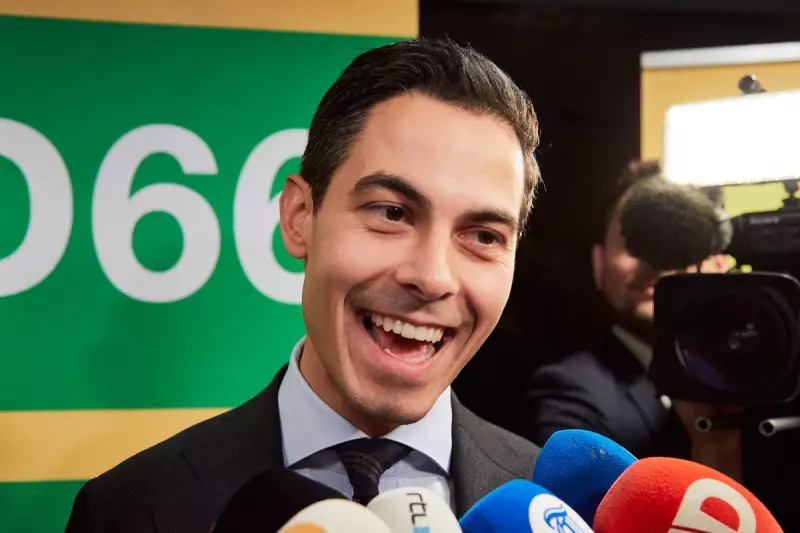
In a stunning reversal of political fortunes, four pro-European parties have successfully negotiated a coalition agreement that effectively sidelines Geert Wilders' far-right Freedom Party (PVV), despite its victory in last year's dramatic Dutch elections.
The Coalition That Defied Expectations
After months of intense negotiations, the Netherlands is set to be governed by a centrist alliance comprising the centre-right VVD, the centrist NSC, the centre-left Democrats 66 (D66), and the Farmer-Citizen Movement (BBB). This unexpected partnership has secured a comfortable 88-seat majority in the 150-seat Dutch parliament.
The breakthrough comes as a significant blow to Wilders, whose PVV emerged as the largest party in the November elections but found itself isolated during coalition talks. "This is a victory for practical politics over populism," one insider commented.
Wilders' Isolation Complete
Despite leading the largest single party with 37 seats, Wilders' controversial policies on immigration and EU relations proved too divisive for potential coalition partners. The PVV leader's anti-Islam stance and calls for a "Nexit" referendum created insurmountable barriers to government participation.
Political analyst Femke van der Knaap observed: "The other parties have drawn a clear red line around Wilders' more extreme positions. They've chosen stability over short-term political advantage."
New Leadership Takes the Helm
The incoming government will be led by former intelligence chief Dick Schoof as Prime Minister, replacing Mark Rutte who is set to become NATO's next secretary-general. Schoof's security background signals the government's focus on stability and experience.
The coalition agreement addresses several key areas:
- Immigration reform with balanced approach to border control
- Economic stability through pro-business policies
- EU engagement maintaining strong European partnerships
- Climate measures with practical implementation timelines
European Implications
This Dutch political outcome sends strong signals across Europe, where far-right parties have been gaining ground. The successful formation of a centrist coalition demonstrates that mainstream parties can still effectively counter populist movements through strategic alliances.
The new government's pro-EU stance is particularly significant as Europe faces multiple challenges, including the war in Ukraine and economic uncertainties. "The Netherlands remains a reliable European partner," confirmed an EU diplomat familiar with the negotiations.
As the new coalition prepares to take office, all eyes will be on how this unexpected political marriage navigates the complex challenges facing the Netherlands while maintaining its delicate parliamentary balance.





